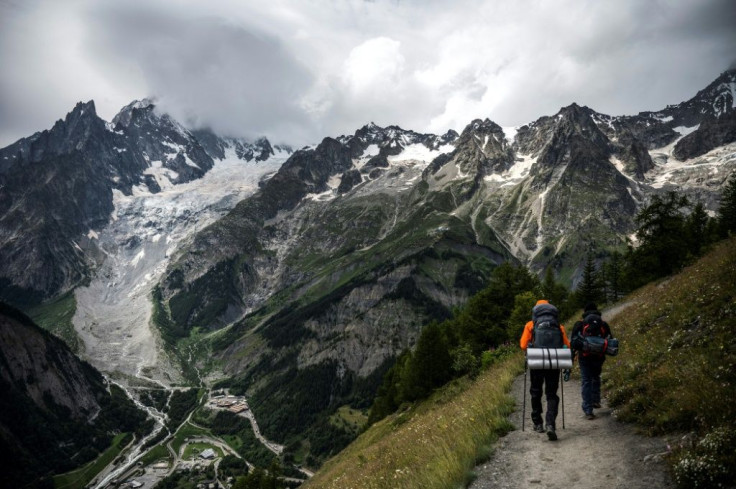5 Ways To Ensure Your Are Sufficiently Hydrated When Out Hiking
It is pretty common to see hikers struggling with dehydration and fatigue while climbing the steep trails because the dry mountain air rips the body of its water. The lower air pressure in the high altitude location also causes the moisture of the skin to evaporate, leaving it dry and susceptible to several skin diseases including rashes, itchy skin, and eczema. Staying adequately hydrated is a crucial aspect of trekking and how much water a person needs to drink will depend on several factors such as the temperature he is at and the level of the person's activity.
Improper hydration during a hiking activity could lead to heat-related illnesses that often prove to be far more dangerous than expected. A hiker is constantly perspiring even though he can't see the sweat dripping off his forehead, therefore the body is in constant need of water. A person is likely to feel lethargic and weak if the hydration level of the body goes down so one needs to follow safe and smart hydration practices to maintain the body fluid and avoid the aforesaid issues.
Here are some ways a backpacker can prevent dehydration while on a hiking trip: (Courtesy: North Country Trail.org)
Avoid alcoholic drinks: Cut down the consumption of caffeinated and alcoholic drinks because they increase fluid loss and significantly contribute to dehydration.
Always carry food and water along with you: Water keeps you hydrated and food is the body's main source of fuel -- both of which are essentials during a hiking trip. Make sure to carry energy bars, dried food, snacks and bottled water to the hiking trips and keep having them at regular intervals.
Drink water before hitting the trail: Drink two-three cups of water before embarking on the journey. Don't wait for your body to feel the lack of hydration.
Eat potassium-rich fruits before the trip: Consume citrus fruits that contain sodium and potassium after the trip. Fruits such as bananas and oranges meet the hydration needs of your body, preventing rapid loss of body fluid and ensuring high energy levels.
Remain alert to the early signs of dehydration: Keep a tab on the signs that alert you about the signs of dehydration including an increase in the heart rate, a drop in blood pressure, dizziness, etc.























